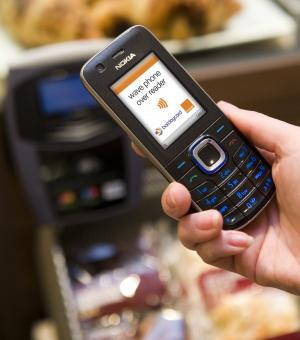British Retail Lobby Cites Contactless in Call for Lower Fees

UK merchant trade association the British Retail Consortium said it is calling on Britain’s new Tory government to “intervene” to cut merchant fees on card transactions – concerned that “banks plan to make the higher debit card charging regime the norm for emerging contactless and mobile phone payment.”
The association, which has lobbied past UK governments for lower merchant fees based on card interchange, released new figures Tuesday from its annual Cost of Collection Survey, which it said shows retailers pay four times more to accept debit cards than cash for purchases.
The consortium said average cash transactions cost retailers 2.1 pence (US 3.1 cents), while a debit-card payment costs 8.5 pence and credit cards cost 34 pence. The group complains that charges by banks for handling debit-card payments were higher than a year ago and have almost doubled in five years.
"There is no justification for such big differences in charges between cards and cash,” said consortium Director General Stephen Robertson in a statement. “With payment technology and efficiency developing, card charges should be going down not up. Contactless systems can bring benefits but banks are currently levying charges on card payments well beyond what it actually costs them to process those transactions.”
The retail association annually uses its cost survey to call on the government, banks and card schemes to lower fees. But this year it is not only using it as an opportunity to lobby the recently installed Conservative government of David Cameron, but also framing it in terms of acceptance of contactless cards and contactless applications on NFC phones.
UK banks, led by Barclays, and card schemes Visa Europe and MasterCard Worldwide have been trying to encourage more British merchants, including large chains, to accept contactless payment. Although deployment of contactless readers is growing, acceptance is lagging in the UK, especially among large chains.
Visa Europe did lower interchange somewhat in the UK for the launch of contactless payment in London in 2007, but that has yet to encourage any tier-one merchants to deploy readers and broadly accept contactless.












